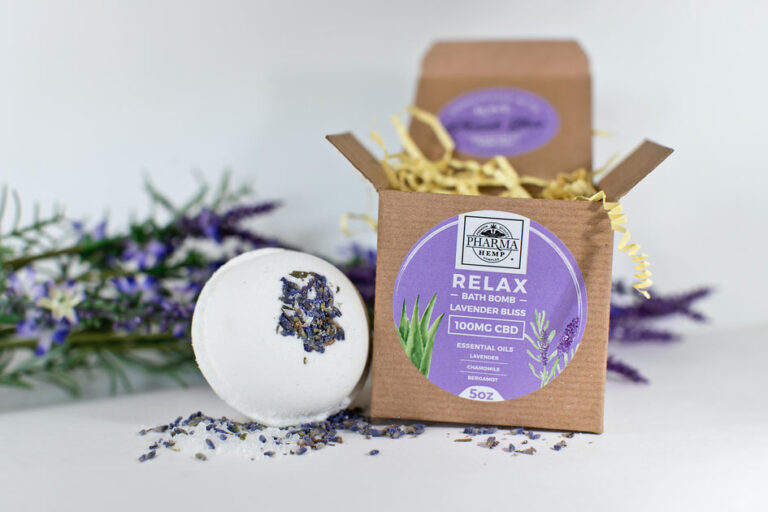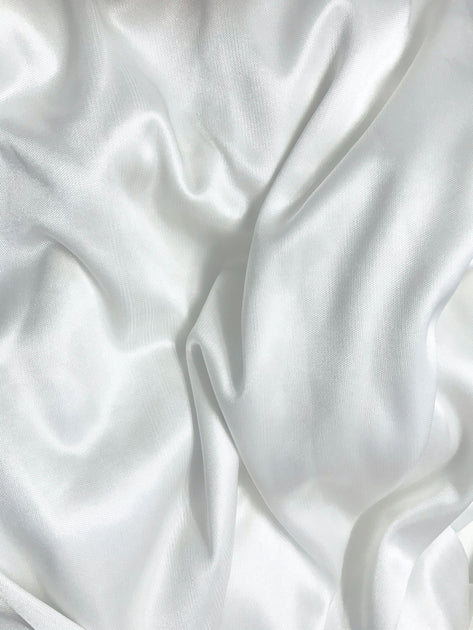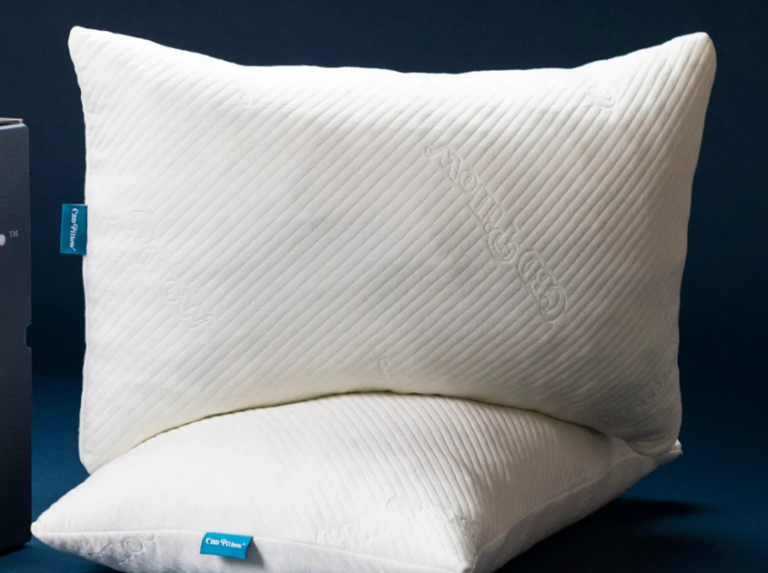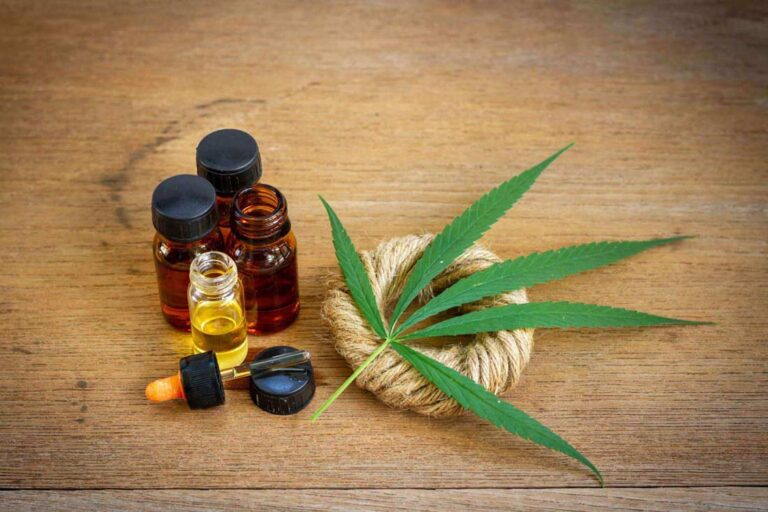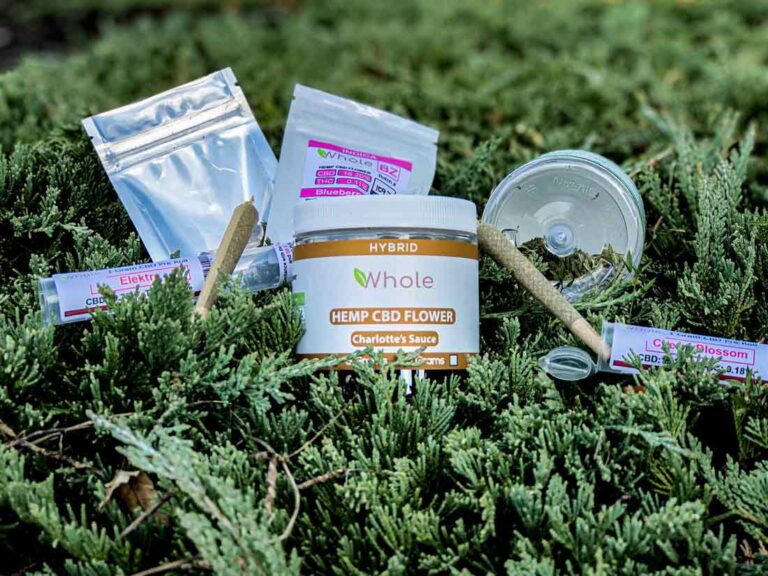A national survey found that patients are willing to try medical cannabis products as potential treatments of their condition. Additionally, some already use over-the-counter cannabis products.
A national survey conducted by the George Washington University (GW) School of Medicine and Health Sciences (SMHS) and University of Maryland researchers found that patients with different dermatologic conditions are willing to try medical cannabis products (MCPs) as potential treatments for their conditions.
“MCPs, which are cannabis or cannabis-derived products that contain tetrahydrocannabinol, or THC, and/or cannabidiol, known as CBD, are more available now than they ever have been,” explained lead author Samuel Yeroushalmi, a fourth-year MD student at GW SMHS. “However, data supporting use and information regarding product quality assurance is limited, particularly when it comes to dermatologic conditions. We wanted to take a closer look at how patients both feel about and use MCPs as part of their treatment plans.”
More than 500 patients over 18 years were asked about their opinions related to MCPs. Results found that 17.6% of patients used an over-the-counter (OTC) cannabis product to treat skin conditions such as acne and psoriasis, without first getting a recommendation from a dermatologist. Also, of the two-thirds of respondents who had seen a dermatologist previously, about 20% had been recommended an OTC product, primarily for acne and psoriasis, according to the press release.
Most of the responders used OTC products and only 8% reported the use of an MCP that would require a Department of Health-approved card. Notably, 88.8% of all respondents supported the use of medical cannabis for dermatologic disease and most respondents reported that they would be willing to try an MCP if recommended by a dermatologist.
“This study spotlights and provides supporting evidence that the skin care consumer is open to and interested in MCPs,” said Adam Friedman, MD, professor, and chair of the Department of Dermatology at GW SMHS. “Consumers and patients are already using MCPs to treat inflammatory skin conditions, such as acne, rosacea, atopic dermatitis, and psoriasis, even without guidance from a dermatologist. While acceptance was high, there were clear barriers reported limiting use and uptake, such as patient skepticism and a lack of understanding. This mirrors data our group published regarding the dermatology health care practitioner’s perspective and fund of knowledge, underscoring the need for more research and education for both dermatologists and the public. The future should be bright for MCPs; we just need to show and disseminate the science.”
Source: drugtopics.com<

